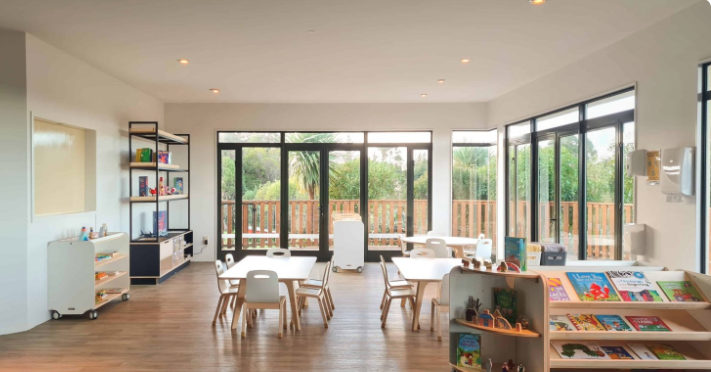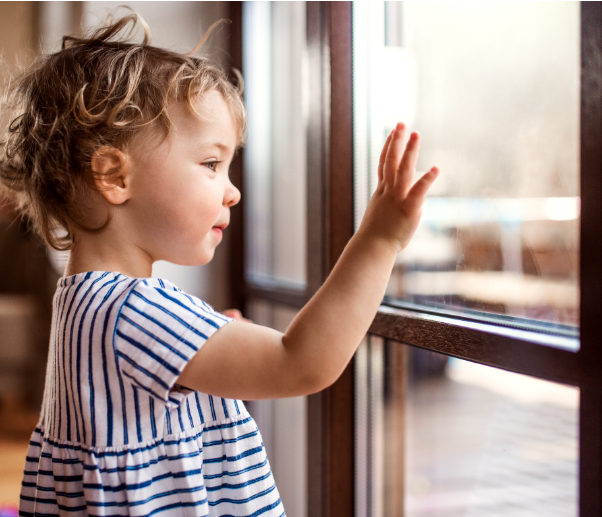Early childhood education (ECE) centres are responsible for the safety of the children in their care. This includes ensuring that the premises are safe, and that any hazards are identified and mitigated. One important hazard to consider is glass.
Glass can be a hazard for children if it breaks and injures them. To reduce the risk of injury, ECE centres must comply with the Ministry of Education’s licensing regulations for safety glass.
The regulations state that any windows or other areas of glass accessible to children must be either:
- Made of safety glass;
- Covered by an adhesive film designed to hold the glass in place in the event of it being broken; or
- Effectively guarded by barriers that prevent a child from striking or falling against the glass.
Safety glass is glass that has been treated to break into small, harmless pieces if it is broken. There are two main types of safety glass: toughened glass and laminated glass.
Toughened glass is made by heating glass to a very high temperature and then rapidly cooling it. This makes the glass stronger and more resistant to breaking. If toughened glass does break, it shatters into small, harmless pieces.
Laminated glass is made by bonding two or more layers of glass together with a layer of plastic. If laminated glass breaks, it stays in place because the plastic holds the glass together.

In addition to using safety glass, ECE centres can also reduce the risk of glass-related injuries by:
- Placing barriers around glass that is not safety glass;
- Teaching children about the dangers of glass; and
- Supervising children closely in areas where there is glass.
By following these guidelines, ECE centres can help to keep children safe from glass-related injuries.
Here are some additional tips for using safety glass in ECE centres:
- Use safety glass in all windows and doors that are accessible to children.
- Use safety glass in mirrors that are less than 800mm from the floor.
- Use safety film on all other glass surfaces that are accessible to children.
- Make sure that safety glass is properly installed and maintained.
- Regularly inspect safety glass for signs of damage.
For a free appraisal of your ECE centre, call GI Glass.

